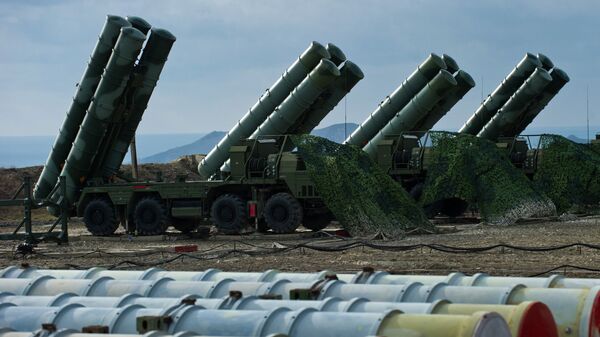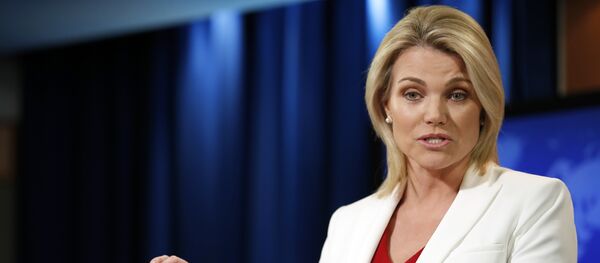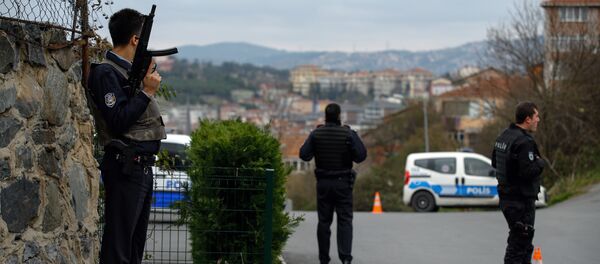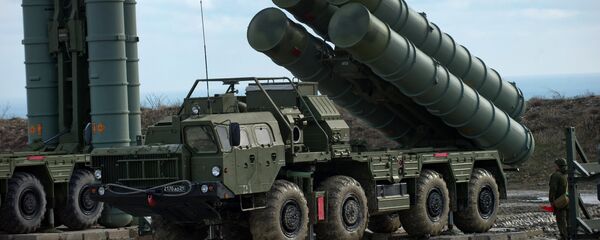Speaking to Sputnik Turkey about the diplomatic row, Hurriyet journalist Cansu Camlibel outlined the broader causes behind the long-brewing crisis, which may possibly include Ankara's decision to purchase Russian S-400 missile systems.
Turkish officials' insistence that Washington was behind the 2016 coup attempt may be another major factor behind the US decision on visa services, the journalist added. "After the failure of the July 15, 2016 coup attempt, government circles in Turkey began unambiguously hinting that the US was behind it. This too caused serious concerns in Washington, and the arrest of the consulate employee served as a trigger.
Furthermore, according to Camlibel, the S-400 deal between Russia and Turkey may have been yet another factor putting strain on Turkey-US relations.
"In my conversations with US officials, I sense their serious concern over Turkey's purchase of the Russian S-400s…Speaking about this, Turkish authorities have argued that Greece, another NATO member, bought S-300s, but at that time such [diplomatic] issues did not arise. However, Greece bought its S-300s at the end of the Cold War, during the process of the formation of modern Russia."
"We are constantly looking at US actions through the prism of the White House. However, in US politics, and especially as far as the defense industry is concerned, Congress and its members have tremendous influence. The US could very well introduce sanctions similar to anti-Russian restrictions against Turkey, after the latter decided to purchase the Russian missile systems. We know that this issue is being discussed behind the scenes in the corridors of the Congress," Camlibel concluded.
Over the weekend, the State Department announced the suspension of all non-immigrant visa services at US diplomatic missions in Turkey after the arrest of US Istanbul Consulate employee Metin Topuz earlier this month. Turkish authorities say Topuz is affiliated with FETO, a terrorist group which belongs to US-based Islamic cleric Fethullah Gulen. Gulen is suspected of organizing the 2016 failed military coup attempt.
Ankara slammed the decision, and stopped visas services for Americans at its missions in the US in response.
*Crimea broke off from Ukraine and joined Russia after a peninsula-wide referendum in March 2014, in which over 95% of residents voted in favor of returning to Russia after nearly 60 years as part of Ukraine.






